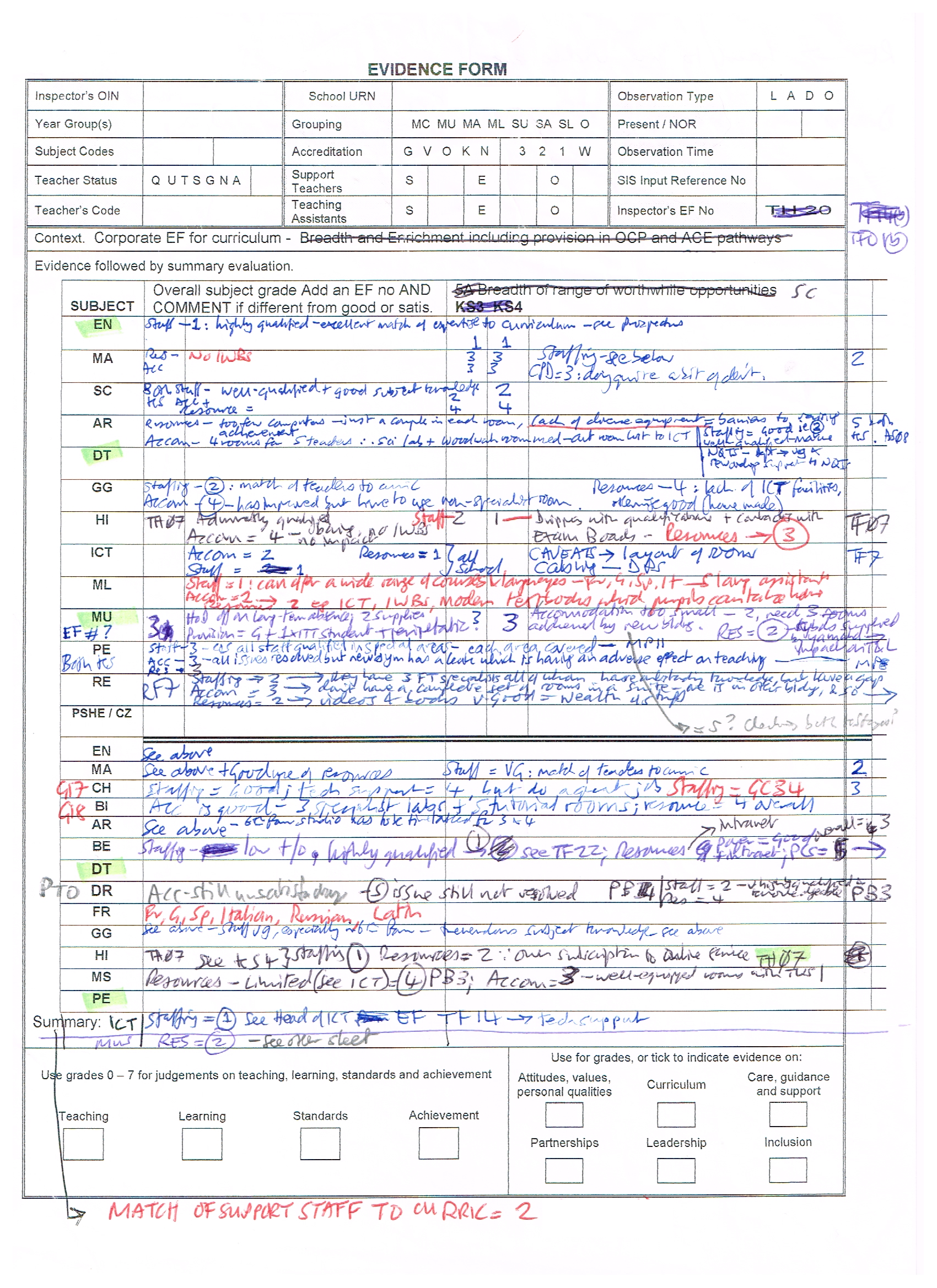 “Oooh!” “Ah!” “Oh my!”. Such were the collective gasps emanating from the Freedman household when I unpacked the Dell Latitude 2110 Netbook I’d been sent to review. Slim, striking and silent (but enough about me), the Latitude certainly makes the grade as far as aesthetics are concerned. But how does it actually perform?
“Oooh!” “Ah!” “Oh my!”. Such were the collective gasps emanating from the Freedman household when I unpacked the Dell Latitude 2110 Netbook I’d been sent to review. Slim, striking and silent (but enough about me), the Latitude certainly makes the grade as far as aesthetics are concerned. But how does it actually perform?
On this day: What is good practice in ICT and Computing?
I suppose this article will ruin for good my chances of a knighthood, but I am finding it harder and harder to keep quiet on this subject.
Read MoreTerry self-portrait, cartoonified, black & white, by Terry
Hubris in the world of education technology (Amended)
I believe that there's a fine line between letting people know you're an expert, and displaying too much self-regard. If keeping on the right side of that line proves a bit of a challenge, here are three "rules" that could help.
Read MoreOn this day: Ode to Code
"I wonder if it's possible to write a poem about coding", I thought to myself. Well, it is, and here it is. First Chaucer, then Shakespeare, and now me. No doubt schoolchildren of the future will be studying this for their Eng Lit exams, but in the meantime you can read it here first! Enjoy.
Read MoreOn this day: Manual labour: what's your documentation like?
Is your documentation well-written but useless?
Read MoreBacklist: What I'm reading: Bounce
What does it take to become an expert? And what can the Computing teacher do about it?
Read MorePhoto by Terry Freedman
6 routines for Computing lessons Revisted
Routines are good, because pupils know what to expect. They are able to predict what is going to happen, and when. Some pupils, whose home lives are chaotic and unpredictable, may even feel safe because of routines. Here are some routines that I think are useful for Computing lessons.
Read MoreA rubric for assessment? What a joke! Revisted
A lighthearted look at rubrics as a form of assessment.
Read MoreGraphic by Terry Freedman
Professional Development in Technology (Updated)
The key question to ask about anything in education is “So what?”. If you can’t answer that question truthfully and convincingly in terms of students learning outcomes, then why are you undertaking that activity?
Read MoreOn this day: Set trivial assignments for students of Computing stuck at home
Why set students real-world, life-changing, humanity-saving problems when trivial challenges are likely to prove equally, if not more, useful?
Read MoreOn this day: City Learning Centres: The end?
On this day: Hazardous Environments
Hazardous environments: I like to think of this as being a metaphor for any situation in which one is challenged.
Read MoreOn this day: reasons to use education technology in lessons
Sometimes you need to convince colleagues to think about using educational technology in their lessons, or to identify where in their scheme of work they could incorporate it.
Read MoreOn this day: websites to stimulate computing project ideas
Enjoy exploring these websites for ideas for projects for Computing.
Read MoreOn this day: a spreadsheet grade predictor
On December 7th, 2015, I wrote an article explaining how you could set up a spreadsheet in Excel to help you predict and analyse students’ grades.
Read MoreWho needs a robot assistant? Photo by Terry Freedman
On this day: Thoughts about Alexa
I can’t get used to just barking orders at someone. Whatever happened to courtesy?
Read MorePush to open, by Terry Freedman
On this day: what the mind sees
Here’s a link to an article about the mind playing tricks.
Read MoreCross-curricular ed tech evaluation, by Terry Freedman
9 criteria for evaluating a school’s education technology and 8 criteria regarding Computing provision
Whether you are moving to a new school, or staying where you are, it’s good to stand back and try to gauge what the school’s education technology and Computing are like. Why you would want to do that if taking up a new post is obvious: you want to see how the land lies so that you can start to identify any improvements that could be made.
Read MoreThe problems with rubrics
Rubrics look like an easy way to tackle assessment. But they can be deceptive in that respect, and can cause the unwary to slip up.
Read MoreOn this day: 5 reasons to join Computing communities
 Teaching can be a lonely profession, especially if, as is often the case, you are the sole teacher of ICT or Computing in your school. Whether you’re on your own or part of a team, I’d thoroughly recommend joining a community or several. Why?
Teaching can be a lonely profession, especially if, as is often the case, you are the sole teacher of ICT or Computing in your school. Whether you’re on your own or part of a team, I’d thoroughly recommend joining a community or several. Why?













